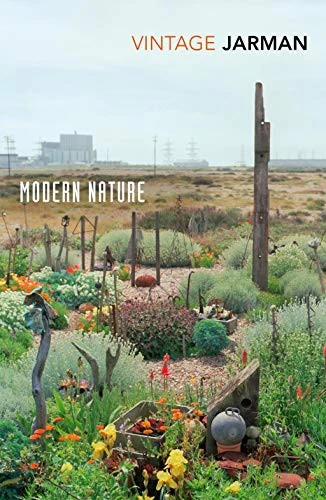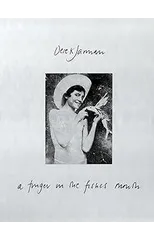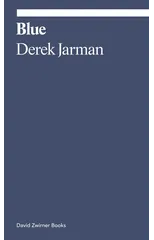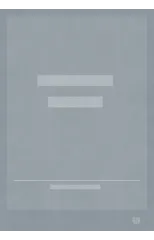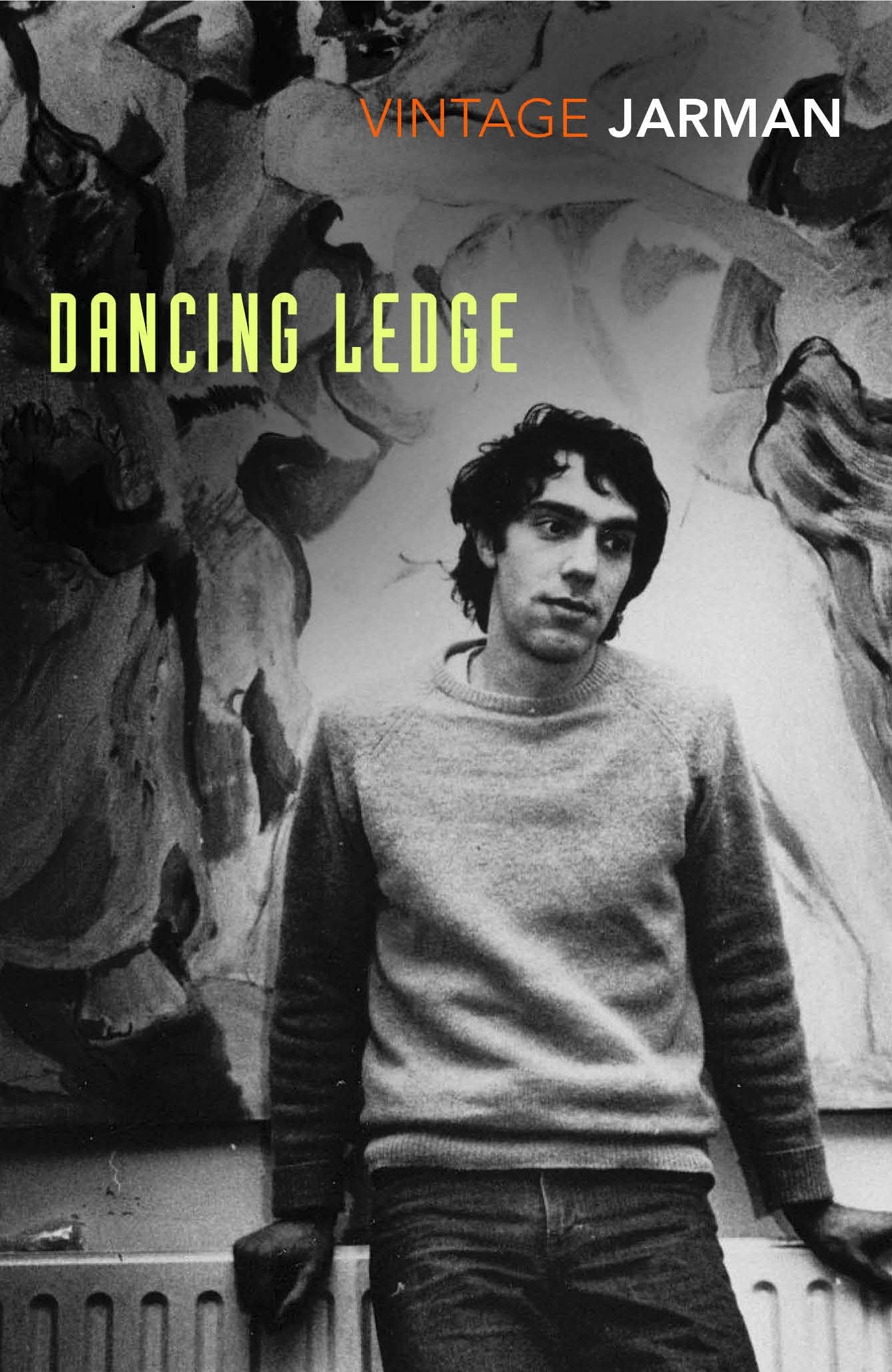Modern Nature
Journals, 1989 – 1990
(Author) Derek JarmanRead this meditative and inspiring diary of Derek Jarman's famous garden at Dungeness, which is also a powerful account of his life as an HIV positive man in the 1980s. In 1986 Derek Jarman discovered he was HIV positive and decided to make a garden at his cottage on the barren coast of Dungeness. Facing an uncertain future, he nevertheless found solace in nature, growing all manner of plants. While some perished beneath wind and sea-spray others flourished, creating brilliant, unexpected beauty in the wilderness. Modern Nature is both a diary of the garden and a meditation by Jarman on his own life: his childhood, his time as a young gay man in the 1960s, his renowned career as an artist, writer and film-maker. It is at once a lament for a lost generation, an unabashed celebration of gay sexuality, and a devotion to all that is living. 'An essential - urgent - book for the 21st Century' Hans Ulrich Obrist This new edition features an introduction from Olivia Laing, the author of Crudo
Derek Jarman
Derek Jarman (1942-1994) was an English filmmaker, artist, and writer known for his avant-garde and experimental works. He was a prominent figure in the British New Queer Cinema movement and his films often explored themes of homosexuality, politics, and personal identity.
Jarman's most notable works include the films "Sebastiane" (1976), "Caravaggio" (1986), and "Edward II" (1991), which challenged traditional narrative structures and pushed boundaries in terms of content and style.
In addition to his filmmaking, Jarman was also a prolific writer, penning several books on art, politics, and his own life experiences. His literary style was characterized by its poetic and introspective nature, often blending personal reflections with social commentary.
Jarman's contributions to literature and film have had a lasting impact on the LGBTQ+ community and the art world as a whole. His most famous work, "Blue" (1993), a film consisting solely of a blue screen with voiceover narration, is considered a groundbreaking and influential piece of experimental cinema. Jarman's fearless exploration of queer themes and his bold artistic vision continue to inspire artists and filmmakers to this day.
